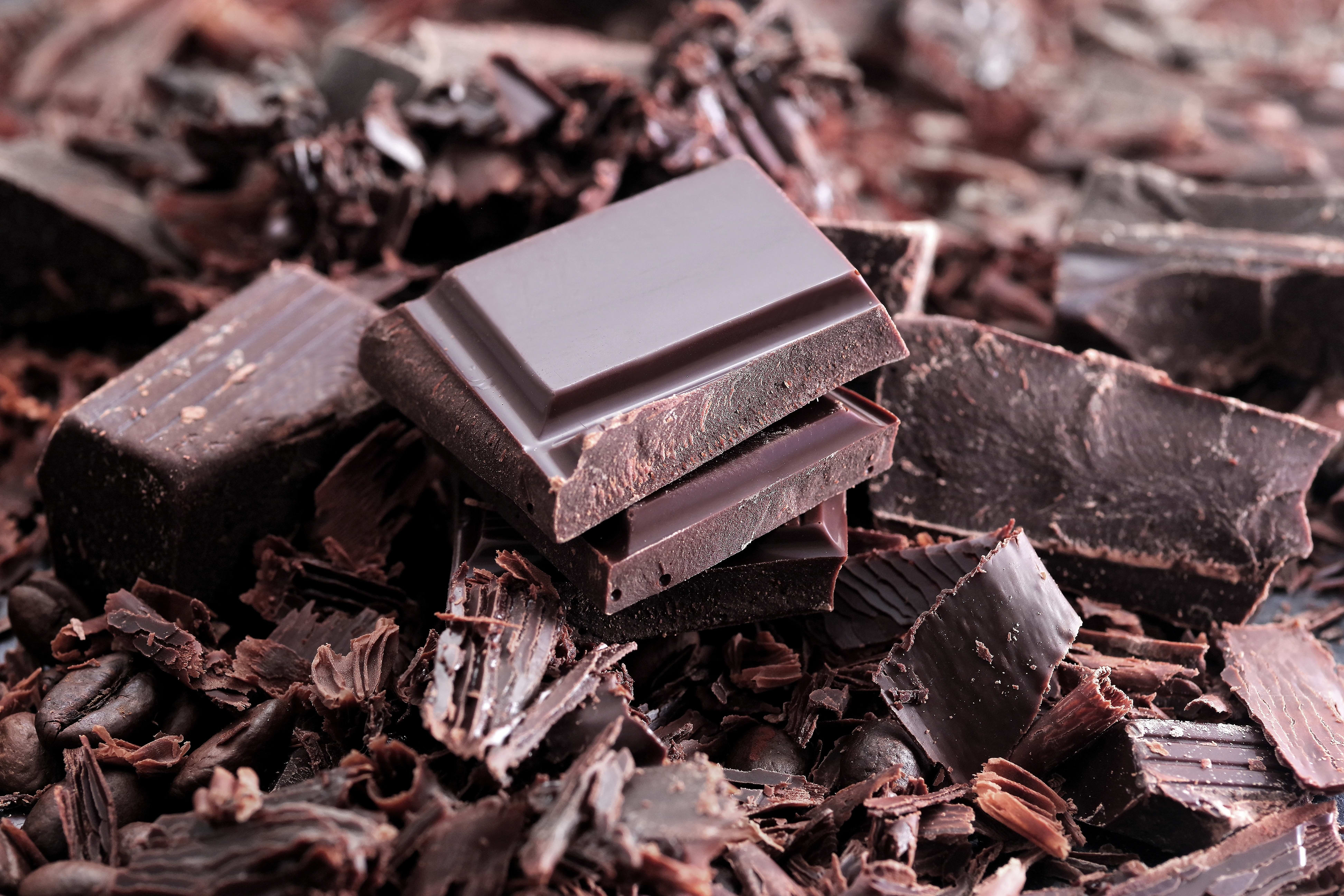 Love dark chocolate? Science might have just given you another reason to indulge. A new study from Japan suggests bitter compounds in dark chocolate called flavanols could flip your brain’s “alarm switch,” releasing noradrenaline and giving you a short burst of sharper focus and memory. The catch? So far, this has only been tested on mice.
Love dark chocolate? Science might have just given you another reason to indulge. A new study from Japan suggests bitter compounds in dark chocolate called flavanols could flip your brain’s “alarm switch,” releasing noradrenaline and giving you a short burst of sharper focus and memory. The catch? So far, this has only been tested on mice.
We usually think food needs to be digested and absorbed before it affects the brain. This research hints taste alone might trigger rapid brain changes. Flavanols aren’t exotic — they’re in everyday foods like chocolate, berries and tea.
“This is fascinating,” said Johnson Moon, M.D., neurologist. “It challenges what we know about how food interacts with the brain.” But don’t rush to the candy aisle just yet — human studies are needed to confirm the effect and make sure it’s safe.
One study found memory benefits two hours after eating about 35 grams of dark chocolate, roughly one standard bar. But flavanol levels vary and chocolate also comes with sugar, fat and calories. Translation: moderation is key.
Noradrenaline acts like a stimulant, so too much could mean anxiety, trouble sleeping or even higher blood pressure. More research will tell us how much is too much.
Could berries or tea work? Probably. If the effect holds true for humans, eating these foods an hour or two before a big test or presentation might give your brain a boost.
This idea of “sensory nutrition” is exciting — it suggests taste can influence brain power. For now, enjoy dark chocolate in moderation and stay tuned for more research.

















